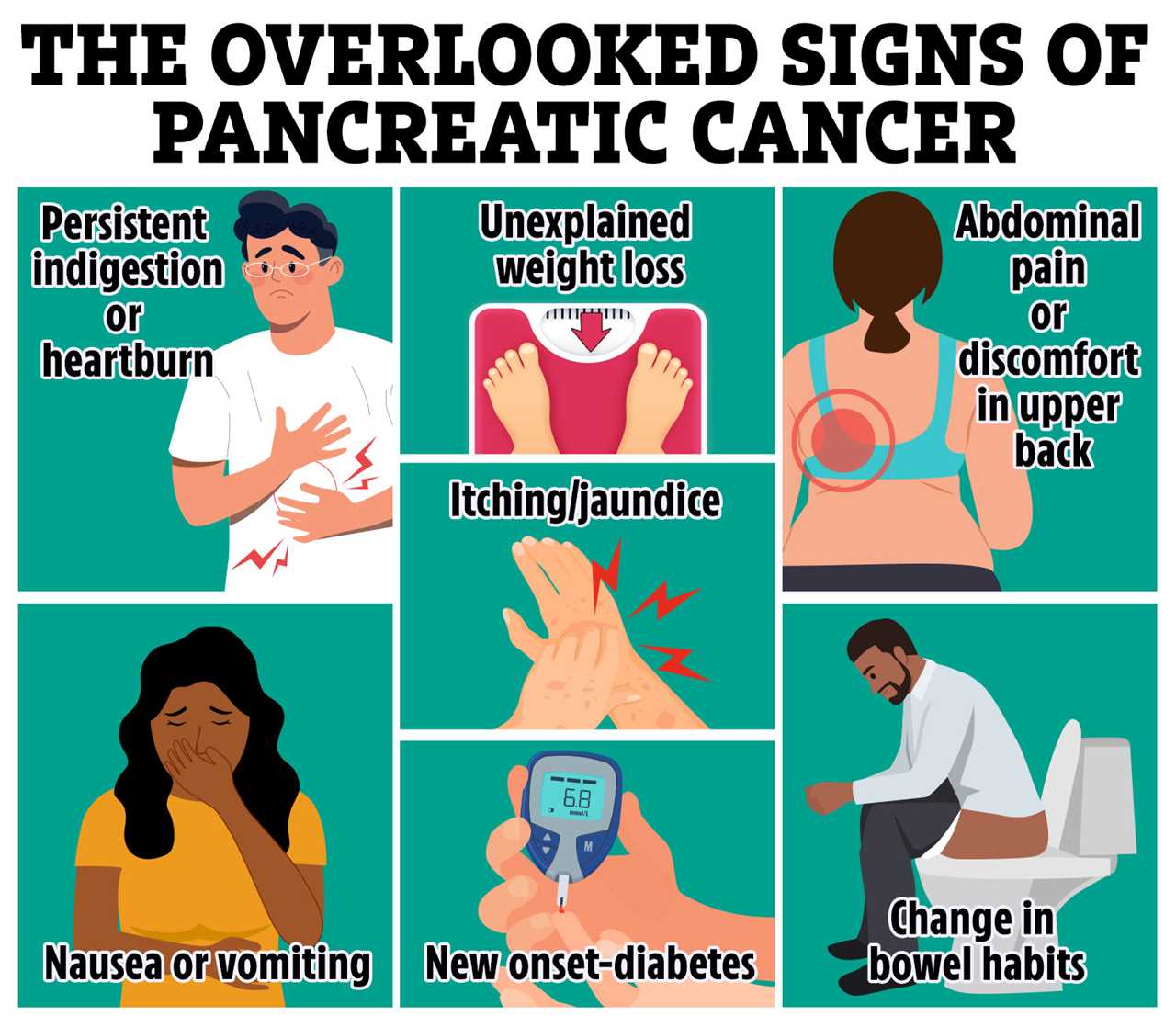
Common signs often go unnoticed
According to a recent study, seven in 10 adults in the UK are unaware of the symptoms of pancreatic cancer, a disease that claims the lives of half of patients within three months. Symptoms such as a change in bowel habits, tiredness, and loss of appetite are among the most common signs, but they often go unnoticed or undiagnosed until it is too late. A stomach ache is also listed as one of the signs of pancreatic cancer.
Barriers to seeking medical help
The study, which surveyed 2,000 adults, found that 27 per cent might delay seeing a doctor even with potentially serious symptoms because they believe it would be difficult to get an appointment. Additionally, 19 per cent would worry about wasting the doctor's time, and 26 per cent would simply assume the issue would resolve on its own.
Early detection and raising awareness
Cancer of the pancreas has claimed the lives of well-known figures such as actors Alan Rickman and Patrick Swayze, as well as singer Aretha Franklin. Pancreatic Cancer UK, the Charity of the Year for the 2025 TCS London Marathon, is calling for government funding for vital research. The charity aims to raise £2 million to develop the first-ever early detection test for pancreatic cancer, a breakthrough that could potentially save thousands of lives.
Importance of early detection
Diana Jupp, CEO of Pancreatic Cancer UK, emphasized the importance of noticing and keeping track of unexplained symptoms, especially if they persist. Early detection is crucial for pancreatic cancer as it gives individuals the best chance of receiving lifesaving treatment.

Increasing optimism and raising awareness
The survey revealed that 35 per cent of respondents feel optimistic about ongoing advancements in science that can improve treatment and survival rates for pancreatic cancer. Despite this, the charity highlighted that public awareness and funding for pancreatic cancer research and support are still lacking compared to other cancers.
Take action and trust your instincts
As the charity continues its efforts to raise awareness and funding for pancreatic cancer research, Diana Jupp urged individuals to trust their instincts and seek medical help if they experience persistent symptoms related to the disease. Early detection is key in improving survival rates for pancreatic cancer.






